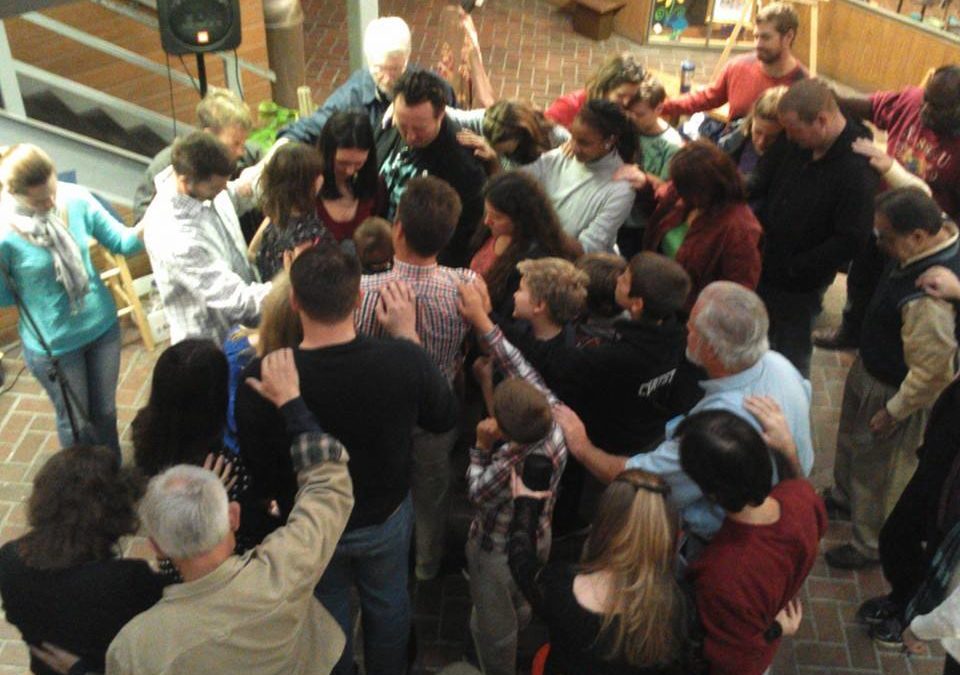Acts 2.1-15
On the day of Pentecost, there came a sound like the rush of a violent wind and the disciples were filled with the Holy Spirit. They began speaking in other languages – languages from all over the world – speaking of God’s deeds of power. People from all over the known world understood what they were saying.
The people were gathered together to hear of God’s deeds of power when they heard the amazing sound. They were all there to celebrate the Jewish Festival of Weeks (this is called the Feast of Pentecost). They were amazed and astonished that the Galileans could speak these diverse languages. In Acts 2.12 they asked: “What does this mean?”
The eclectic nature of the Day of Pentecost caused complete strangers to be perplexed by God’s deeds of power. The disciples were common Galileans and the Holy Spirit inspired an awesome revival to break forth. 3000 people were welcomed and baptized on that day.
Eclectic = deriving ideas, style, or taste from a broad and diverse range of sources.
At The Anchor, we embrace this eclectic understanding that God can use all sorts of people – from many different walks of life – to share of his mighty deeds of power. Because of this, we embrace the creativity that God has given each of us. We do this through the arts, economics, business, music, traditions, hobbies, and relationships.
In his commentary on the book of Acts, Robert W. Wall says this: “It is clear from this story that the arrival of the Holy Spirit is anything but private and hidden from view, nor does it prompt folks to run from its illuminating power. The Spirit’s arrival is a noisy affair with special effects that draws an interested public ‘from every nation’ to the community in amazement.”
Will Willimon says: “This section of the book of Acts is beyond our imagination, mysterious and strange—but, there is no other way to explain the beginnings of the Church.”
Darrell L. Guder says: “Turning to the ‘unchurched’ in the American mission field, it is notable that we are not dealing with a homogenous mass of pagans but a much more diverse mixture of attitudes, resistances, and opportunities for mission. There are, for instance, ‘inoculated’ post-Christendom people who have rejected that legacy for a variety of reasons. They represent perhaps the most difficult constituency to reach: they are most resistant to the gospel because of past experience, and they are the most skeptical about the efforts of an institutional church to recruit them ….. For many of them, the traditional congregation will not be innovative, creative, and unconventional enough.”

